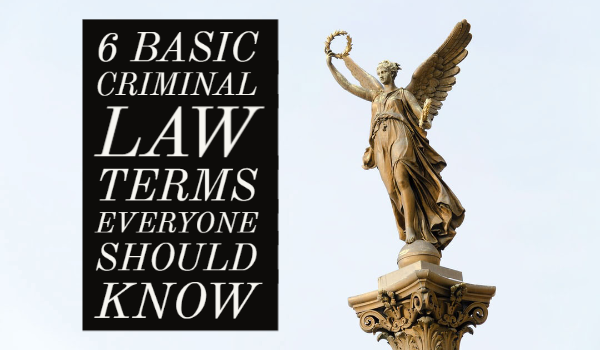
https://eauclaireinjurylawyer.com/2020/05/29/6-basic-criminal-law-terms-everyone-should-know/
Id”>Bail could even be referred to as bail bond. Bail bond is extremely similar to bail and could be applied interchangeably. Technically, a bail bond would be the bond you devote into the court as being a promise you’ll return for court statements. This differs very little from bail .
There are also some simple criminal law provisions that are unique to bail . If a defendant places bail but doesn’t come back for his or her court date, that’s known as”bail-jumping.” The person who is receiving the bail would be the bailee. And a bailer is someone who is providing bail.
If bail is set high, perhaps even high, it’s referred to as”excessive bond” This can be dependent on the circumstances under which the defendant has been detained, including what type of crime they’ve been accused for. Judges often set bail predicated on a plethora of factors, so in order for bail to be excessive it will depend on these factors.
2. Bail Bondsman
There’s another very important player in the discussion about bail and bail bonds. This person could be the bond bondsman.
A bail bondsman is not always needed, but sometimes a defendant may telephone a bondsman in order to help make bail and be released. A bondsman stipulates a bail about the suspect’s behalf. They can also be called a bailer or bail agent.
A bail bondsman is different out of a bail recovery representative. The names seem similar but there is a exact crucial distinction to be left. Where a bail bondsman will provide the capital for bail to a defendant, a bail recovery agent will go searching for that defendant should they don’t appear in courtroom.
A bail recovery agent can be also called a bounty hunter. They could find, arrest and bring into a defendant who’s never established for a scheduled court date.
Both professionals are working to guarantee several types of bonds have been paid back and admired. The most co